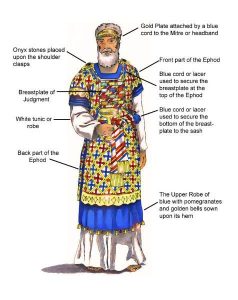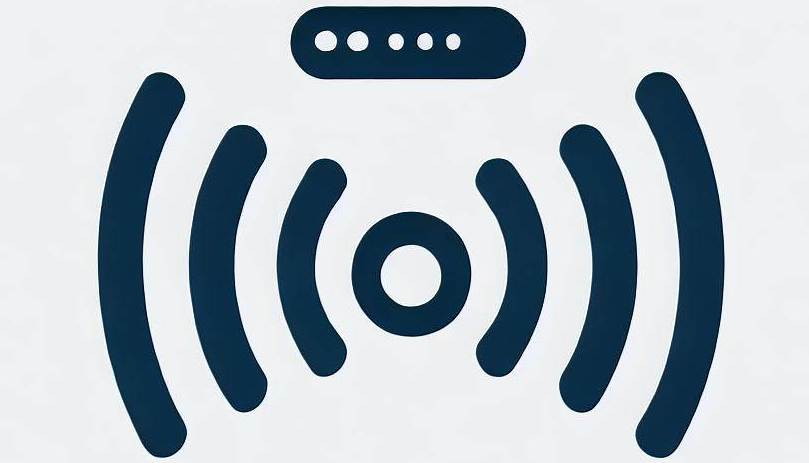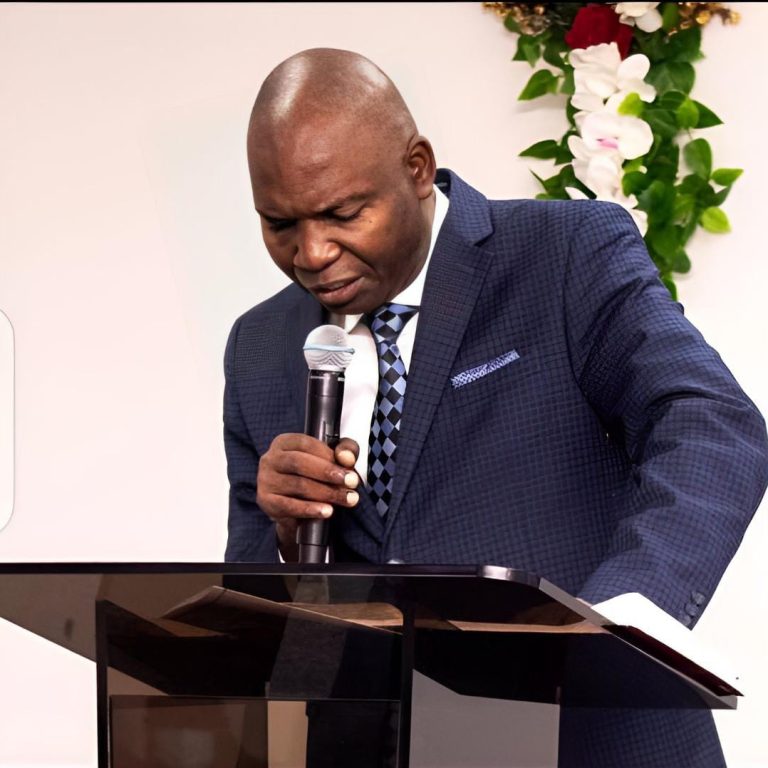How God speaks through the Ephod in the Bible
In the Bible, an ephod is a sacred garment worn by the high priest of Israel. The term is mentioned in both the Old Testament and the New Testament. Here’s a brief explanation of its meaning and use:

Ephod – What is the Meaning?
The word “ephod” is of Hebrew origin, and its precise meaning is somewhat debated among scholars. It is generally thought to refer to a special type of garment, often associated with priestly or ritualistic functions. The exact design and composition of the ephod are described in detail in the book of Exodus (Exodus 28:6-14).
What is the Ephod used for?
- High Priest’s Garment:
- The ephod was a crucial component of the high priest’s attire in ancient Israel. It was worn over the priestly robe and served as part of the priestly vestments.
- Symbol of Authority and Service:
- The ephod functioned as a symbol of the high priest’s authority and his role as a mediator between God and the people. It signified the priestly ministry and service in the tabernacle or temple.
- Use in Divination:
- In some instances, the ephod was associated with divination or seeking guidance from God. The high priest would use a special ephod for this purpose, known as the “ephod of divination” (1 Samuel 23:6-12; 30:7-8).
- Breastpiece Attachment:
- The ephod had two shoulder pieces with onyx stones, each engraved with the names of six tribes of Israel. It also had a breastpiece attached, which contained the Urim and Thummim—objects believed to be used for seeking God’s guidance in decision-making.
- Symbolic Function:
- Beyond its practical use, the ephod had symbolic significance, representing the consecration, authority, and connection to God that the high priest held.
Significance of the ephod in 1 Samuel 23
In 1 Samuel 23, the significance of the ephod is tied to the story of David seeking guidance from God during a critical moment in his life. Here’s an overview of the context and the role of the ephod in 1 Samuel 23:
Context:
- David’s Perilous Situation:
- David, who had been anointed as the future king of Israel, was on the run from King Saul, who saw him as a threat to his reign. David and his men were hiding in the wilderness of Ziph.
- The Philistine Threat:
- The Philistines were attacking the city of Keilah, and David, despite being pursued by Saul, inquired of the Lord whether he should go and defend Keilah.
Role of the Ephod:
- Seeking Guidance:
- Faced with the dilemma of whether to engage the Philistines in battle to protect Keilah, David turns to Abiathar the priest, who is with him, and requests the ephod.
- Use of the Ephod for Divination:
- David’s request for the ephod indicates its role as a tool for seeking divine guidance. The ephod was associated with divination, a means of inquiring of God for direction.
- Direct Communication with God:
- By inquiring of the Lord through the ephod, David seeks direct communication with God to understand His will in the specific situation.
Key Verses – 1 Samuel 23:6-12 (NIV):
6 When Abiathar son of Ahimelek had fled to David at Keilah, he brought the ephod down with him.
9 When David learned that Saul was plotting against him, he said to Abiathar the priest, “Bring the ephod.”
10 David said, “Lord, God of Israel, your servant has heard definitely that Saul plans to come to Keilah and destroy the town on account of me.
11 Will the citizens of Keilah surrender me to him? Will Saul come down, as your servant has heard? Lord, God of Israel, tell your servant.”
12 And the Lord said, “He will.”
Significance:
- The ephod, in this context, serves as a means for David to directly seek God’s guidance in a critical decision-making moment.
- It underscores David’s reliance on divine direction and his commitment to following God’s will even in the midst of personal danger.
This episode in 1 Samuel 23 highlights the spiritual and practical significance of the ephod in seeking God’s guidance, especially during challenging circumstances.
How God speaks through the Ephod
In the biblical context, the method by which God spoke through the ephod is closely associated with the Urim and Thummim, sacred items kept within the ephod. The Urim and Thummim were used as a means of seeking divine guidance or making decisions, particularly by the high priest of Israel. Here’s how God’s communication through the ephod was understood:
- Consecration of the High Priest:
- The high priest, wearing the ephod as part of his ceremonial attire, was consecrated for the sacred duties of intercession and seeking God’s guidance for the people.
- Urim and Thummim:
- The Urim and Thummim were special stones or objects placed in a pouch on the ephod. The exact nature of these items is not explicitly described in the Bible, but they were considered sacred and linked to the priestly function of discerning God’s will.
- Use in Decision-Making:
- When a significant decision needed to be made, especially in matters of national importance or conflict resolution, the high priest would consult the Urim and Thummim. This process involved asking God a specific question.
- Divine Response:
- It was believed that God would provide a response through the Urim and Thummim. The exact mechanism of this communication is not detailed in the biblical texts, leaving an element of mystery about the divine interaction.
- Symbolic Function:
- The Urim and Thummim, as part of the ephod, were seen as symbols of divine authority and guidance. The stones were often associated with the concept of “lights and perfections” or “revelation and truth,” signifying the clarity and accuracy of God’s response.
- Solemn Rituals:
- The process of consulting the Urim and Thummim was a solemn and sacred ritual. It was reserved for occasions where divine intervention was sought, and the high priest would act as an intermediary between God and the people.
- Limited Instances:
- The use of the Urim and Thummim is not extensively documented in the Bible, and it appears to have been a specific method reserved for particular circumstances. Its application was not a common practice in everyday decision-making.
Conclusion
The ephod is an important element in understanding the religious and priestly practices of ancient Israel, emphasizing the symbolic and ritualistic aspects of the priesthood.
It’s important to note that the biblical accounts do not provide detailed instructions on how the Urim and Thummim functioned or the specific nature of God’s responses. The concept remains somewhat mysterious, emphasizing the sacred and selective nature of seeking divine guidance through the ephod and its associated elements. The overarching idea is that the ephod, with the Urim and Thummim, served as a conduit for God’s communication and direction.
References in the Bible:
- The detailed instructions for crafting the ephod can be found in Exodus 28:6-14.
- References to the ephod and its use can also be found in books like Leviticus, Numbers, Judges, and Samuel.













